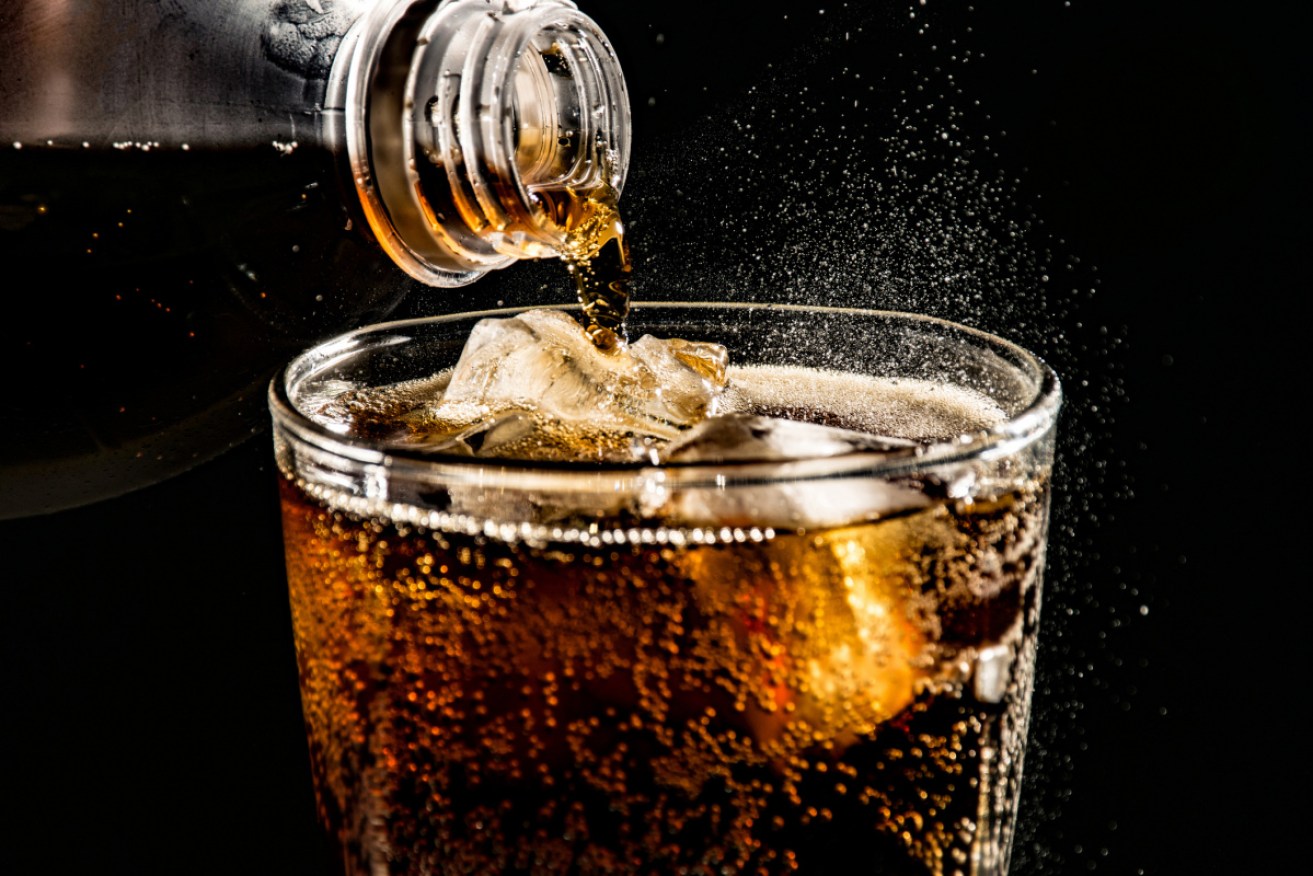Diet soft drinks linked to higher stroke, heart disease risk in women


'Sugar-free' drinks may not be as harmless as previously thought, new research suggests. Photo: Getty
Women over 50 years old who regularly opt for artificially sweetened drinks are at a higher risk of stroke and heart disease, a large observational study has revealed.
Compared with women who consumed diet drinks less than once a week or not at all, those who had two or more of the ‘sugar-free’ drinks were 23 per cent more likely to have a stroke, and 29 per cent more likely to develop heart disease.
The results were based on self-reported data from 81,714 postmenopausal women (age 50-79 years at the start) who participated in the Women’s Health Initiative in the US.
A single serve of the diet drink was considered 355 millilitres and included any artificial sweetened beverage, including juices and soft drinks.
Researchers found the risk for stroke more than doubled in some women, including in people without previous heart disease or diabetes, and in obese individuals.
The risk of early death was also 16 per cent higher among frequent diet drinkers, according to the research published in the American Heart Association’s journal Stroke on Thursday.
The findings are a blow to “well-meaning people” who opt for diet drinks to cut calories in their diet, the study’s lead author Dr Yasmin Mossavar-Rahmani said in a statement.
“Our research and other observational studies have shown that artificially sweetened beverages may not be harmless and high consumption is associated with a higher risk of stroke and heart disease.”
The authors stressed that the results do not show that diet drinks cause heart problems, only that there was an association between the two factors.
Heart Foundation Australia recommends that all individuals avoid sugary drinks, including sugar-sweetened beverages and sports drinks.
It also recommends drinking water over artificially sweetened drinks.
The Foundation’s Chief Medical Advisor Professor Garry Jennings said that the evidence on artificial sweeteners is mixed, and people should stick to water wherever possible.
“The concern about artificial sweetened drinks is that it still gives the sugar taste to people with a sweet tooth,” he told The New Daily.
“But it’s better in the long run to lose your taste for sweet things.”
Sweeteners are a popular sugar alternative used in diet drinks to satisfy a person’s sweet tooth, without the added calories.
Aspartame, saccharin and sucralose are some of the most commonly used sweeteners in the Australian food supply. They can be found in satchel form, as well as in chewing gums, cakes, biscuits and yoghurts.
The researchers said they did not differentiate between the sweetener types, and were unable to draw any conclusions as a result.
“We don’t know specifically what types of artificially sweetened beverages they were consuming, so we don’t know which artificial sweeteners may be harmful and which may be harmless,” Dr Mossavar-Rahmani added.
Nutrition professor and American Heart Association science advisor Dr Rachel K. Johnson advised people to err on the side of caution.
“Since long-term clinical trial data are not available on the effects of low-calorie sweetened drinks and cardiovascular health, given their lack of nutritional value, it may be prudent to limit their prolonged use,” she said.








